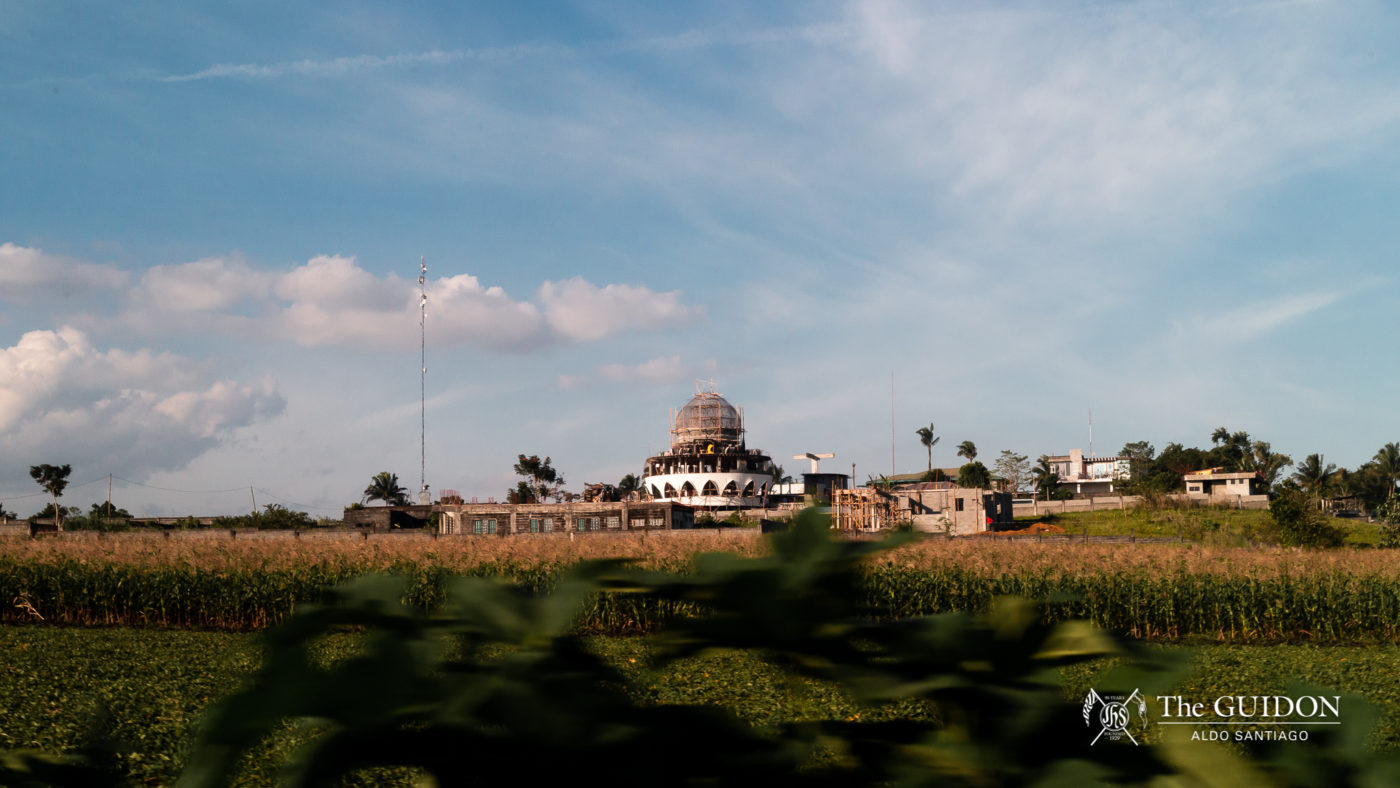FOR THE Bangsamoro people, the 2016 national elections signaled hope—marking the first time a president-elect hailed from Mindanao. Amid deep cultural differences, President Rodrigo Duterte won all regions in the island, including the now defunct Autonomous Region in Muslim Mindanao. To decisively win, Duterte situated himself as one of the Moros, frequently emphasizing his Maranao blood and highlighting Muslim Mindanao’s plight in his campaign speeches.
In the following years, the authenticity of Duterte’s image has been called into question. Under his term, the Bangsamoro Autonomous Region in Muslim Mindanao (BARMM) has made strides in self-governance. Yet it has also withstood gross injustices, from the violence during Duterte’s Martial Law to the sluggish rehabilitation of Marawi City.
Left wanting, the Bangsamoro see the 2022 polls as their best chance to elect leaders who are willing to prioritize the Moro agenda and demand accountability for the strongman’s legacy.
The Duterte disruption
The Duterte victory in 2016 is rooted in a promise to break free from the post-EDSA regime under which the Bangsamoro’s right to self-determination was inhibited. As such, Duterte’s signing of the Bangsamoro Organic Law (BOL) in 2018 was a crucial first step in empowering the Moro community.
BARMM’s first three years saw material progress, such as a 16.5% decrease in poverty and a series of needed governance reforms, such as channeling subsidies to municipalities that had not been receiving state funding. Still, Suara Bangsamoro Spokesperson and human rights defender Amirah Ali Lidasan of the Iranun argued that Duterte’s legacy in BARMM must be assessed based on considerations beyond the BOL.
She instead discussed how Duterte has failed to rebuild Marawi City after the 2017 siege. Lidasan stressed that images of markets, mosques, and a stadium boasted by the administration belie the state of Marawi’s displaced residents. “…most of the things that they have rehabilitated—walang impact sa mga tao kasi they cannot go back to their community,” she remarked.
Despite Task Force Bangon Marawi’s projections that the rehabilitation will be “90 to 95%” completed in June, no houses have been rebuilt on ground zero. Most of the residents displaced by the 2017 siege will still be unable to return home by then.
The Marawi Compensation Bill—which would entitle residents in affected areas to tax-free monetary compensation for residential, cultural or commercial property—was only signed into law on April 27.
Everything at stake
In an effort to recover from the challenges under the Duterte administration, Lidasan described the 2022 polls as a pivotal point for BARMM as the future of the Moro people hangs in the balance. This election season has seen more Moro leaders than usual running for national posts: Faisal Mangondato for President, Samira Gutoc for senator, and the United Bangsamoro Justice Party (UBJP) as the political party of the Moro Islamic Liberation Front (MILF).
“Mas marami ngayon ang nakakita na (More people now realize that) they could give [a] voice [to the Moro agenda] by participating,” said Lidasan.
Unlike in 2016, the region seems divided in its choice for President as no one candidate enjoys a “solid south” voter base. Incumbent Davao City Mayor Sara Duterte predicted that her running mate, Presidential candidate Ferdinand “Bongbong” Marcos Jr., will capture 70 to 80% of Mindanao votes.
Currently, a March Pulse Asia survey puts Marcos Jr. in the lead by 62% in Mindanao. Lidasan found this perplexing given Marcos Jr.’s dismissal of the need to prioritize Marawi’s recovery and his refusal to recognize the atrocities his father and dictator Ferdinand Marcos Sr. committed against the Moros during Martial Law.
Meanwhile, other Presidential candidates have garnered local support and vowed to fast-track rehabilitation efforts. This unpredictability, coupled with the hope of representation, underscore the importance of the upcoming elections for BARMM.
BARMM in mind
There is no disputing BARMM’s relevance in the 2022 elections given Marawi’s slow rehabilitation and the siege’s implications for terrorism legislation. With a history of cultural and religious discrimination at the hands of State forces, Lidasan called for the protection of Moro rights as part of the 2022 Moro agenda.
Ultimately, Lidasan noted that Duterte’s failings have struck a more personal chord precisely because he situated himself among and with the Moro. “Nagiging legacy niya sa Moro people is ‘yung pag-attack o pagiging traitor niya sa sinasabi niyang nirerepresent niyang people (His legacy to the Moro people are his attacks on and betrayal of the people he claims to represent),” lamented Lidasan.
In the May 9 elections, Lidasan encouraged voters to cast a protest vote against the injustices of the Duterte administration. She also noted that this year’s elections are reminiscent of the 1986 and 2016 elections where voters protested against an unjust administration. As such, it is imperative that Filipinos stand in solidarity with the Moro people to correct Duterte’s failed legacy and safeguard BARMM’s future.




